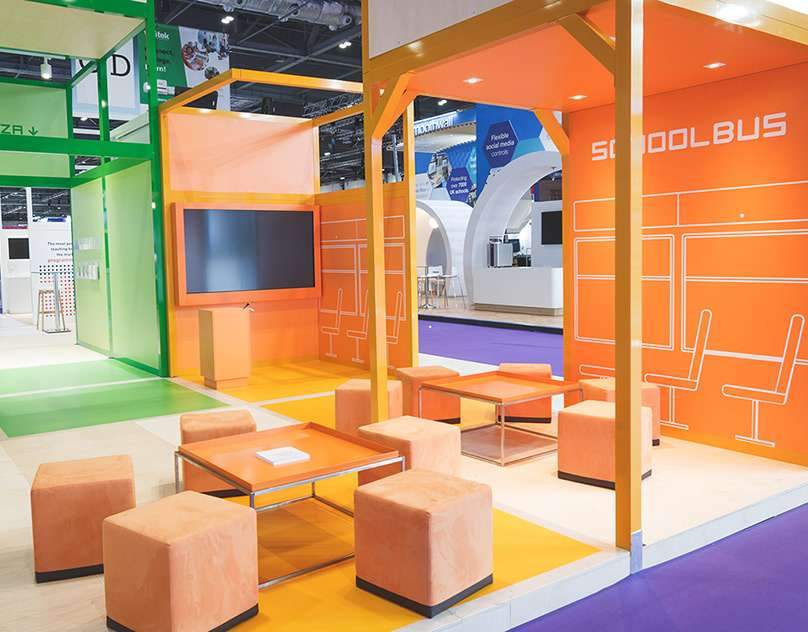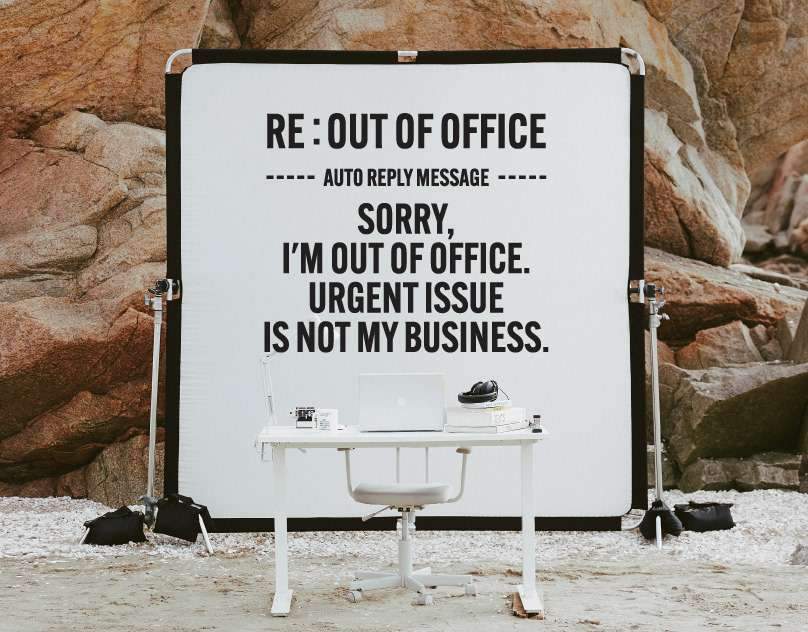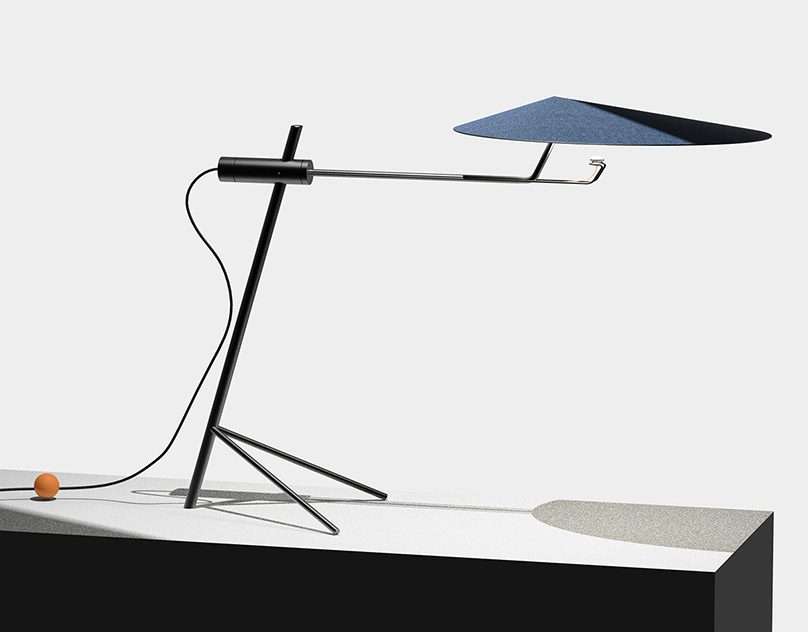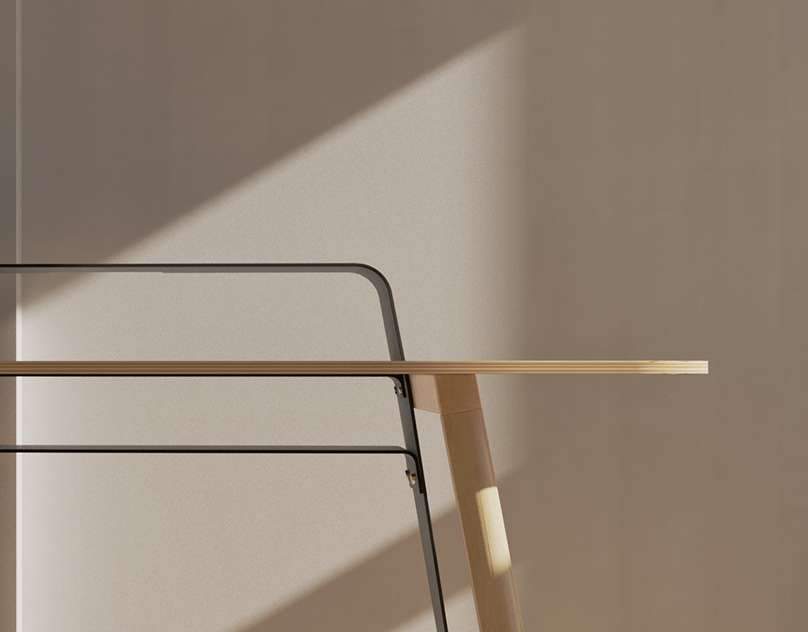



























name: Hungarian Pavilion
event: Bett Show 2018
completion: January 24-27, 2018
interactive & digital content development: István Szécsényi, István Tüttő































Welcome to ArchUp, the leading bilingual platform for trusted architectural content.
I'm Ibrahim Fawakherji, an architect and editor since 2011, focused on curating insightful updates that empower professionals in architecture and urban planning.
We cover architecture news, research, and competitions with analytical depth, building a credible architectural reference.

MobetterworksUnder the slogan “A Little Joke for Free Workers”, Mobetterworks is a brand that tells playful jokes to workers. We suggest a better way of working, both online and offline, across products and contents. Mobetterworks brand story is being released on the Youtube channel ‘MoTV'MoTVMoTV is a media that records Mobills’s activities and shows our thoughts. It started with the…

BkinWayfinding SystemSee full story at BKINThe BKIN Wayfinding System consists of wireless indoor/outdoor kiosks that enable discovery, information, and communication in both natural and urban environments. Inspired by a mishap on a mountain. Studio director Ron Goldin and industrial designer Greg MacNamara sketched out some concepts for a wayfinding system that would require no power or cell reception…

Plain StoolClient: Monad FoamPlywood VeneerPowder-coated Welded Steel

Bonsai 분재 : 盆栽 Concept_우리나라를 대표하는 나무인 소나무는 점잖아서 보는 이를 자극하지 않습니다.대신 보는 이가 편안한 마음을 가지고 상상력을 발휘하며 깊은 사색을 가능케 합니다.옛 문인화에서 소나무 아래에서 독서하는 선비들을 종종 찾아볼 수 있는데 ,소나무는 그만큼 여유롭고 차분한 분위기를 만들어주는 상징적인 매개체였음을 말해줍니다Pine trees, which represent Korea, are gradual and do not stimulate the viewer.Instead, it allows the viewer to…

CHAIRSAbstract explorations of chairs – playing with shapes, forms, texture and materiality. NOODLE CHAIR:WOOLPILE ARMCHAIR:(psst, this piece has been minted on Foundation and is for sale as an NFT. It could be yours! Click here to view it)BEJEWELLED DECKCHAIR:

Sequel is a home-office working desk, that gives users the chance to organize in their own way. The name sequel is given by the unique piece that allows the desk to have multiple functions. Monitor stand, shelf, cable management, hiden storage are a few of the several functions that this piece give.

MobetterworksUnder the slogan “A Little Joke for Free Workers”, Mobetterworks is a brand that tells playful jokes to workers. We suggest a better way of working, both online and offline, across products and contents. Mobetterworks brand story is being released on the Youtube channel ‘MoTV'MoTVMoTV is a media that records Mobills’s activities and shows our thoughts. It started with the…

BkinWayfinding SystemSee full story at BKINThe BKIN Wayfinding System consists of wireless indoor/outdoor kiosks that enable discovery, information, and communication in both natural and urban environments. Inspired by a mishap on a mountain. Studio director Ron Goldin and industrial designer Greg MacNamara sketched out some concepts for a wayfinding system that would require no power or cell reception…

Plain StoolClient: Monad FoamPlywood VeneerPowder-coated Welded Steel

Bonsai 분재 : 盆栽 Concept_우리나라를 대표하는 나무인 소나무는 점잖아서 보는 이를 자극하지 않습니다.대신 보는 이가 편안한 마음을 가지고 상상력을 발휘하며 깊은 사색을 가능케 합니다.옛 문인화에서 소나무 아래에서 독서하는 선비들을 종종 찾아볼 수 있는데 ,소나무는 그만큼 여유롭고 차분한 분위기를 만들어주는 상징적인 매개체였음을 말해줍니다Pine trees, which represent Korea, are gradual and do not stimulate the viewer.Instead, it allows the viewer to…

CHAIRSAbstract explorations of chairs – playing with shapes, forms, texture and materiality. NOODLE CHAIR:WOOLPILE ARMCHAIR:(psst, this piece has been minted on Foundation and is for sale as an NFT. It could be yours! Click here to view it)BEJEWELLED DECKCHAIR:

Sequel is a home-office working desk, that gives users the chance to organize in their own way. The name sequel is given by the unique piece that allows the desk to have multiple functions. Monitor stand, shelf, cable management, hiden storage are a few of the several functions that this piece give.

MobetterworksUnder the slogan “A Little Joke for Free Workers”, Mobetterworks is a brand that tells playful jokes to workers. We suggest a better way of working, both online and offline, across products and contents. Mobetterworks brand story is being released on the Youtube channel ‘MoTV'MoTVMoTV is a media that records Mobills’s activities and shows our thoughts. It started with the…

BkinWayfinding SystemSee full story at BKINThe BKIN Wayfinding System consists of wireless indoor/outdoor kiosks that enable discovery, information, and communication in both natural and urban environments. Inspired by a mishap on a mountain. Studio director Ron Goldin and industrial designer Greg MacNamara sketched out some concepts for a wayfinding system that would require no power or cell reception…

Plain StoolClient: Monad FoamPlywood VeneerPowder-coated Welded Steel

Bonsai 분재 : 盆栽 Concept_우리나라를 대표하는 나무인 소나무는 점잖아서 보는 이를 자극하지 않습니다.대신 보는 이가 편안한 마음을 가지고 상상력을 발휘하며 깊은 사색을 가능케 합니다.옛 문인화에서 소나무 아래에서 독서하는 선비들을 종종 찾아볼 수 있는데 ,소나무는 그만큼 여유롭고 차분한 분위기를 만들어주는 상징적인 매개체였음을 말해줍니다Pine trees, which represent Korea, are gradual and do not stimulate the viewer.Instead, it allows the viewer to…

CHAIRSAbstract explorations of chairs – playing with shapes, forms, texture and materiality. NOODLE CHAIR:WOOLPILE ARMCHAIR:(psst, this piece has been minted on Foundation and is for sale as an NFT. It could be yours! Click here to view it)BEJEWELLED DECKCHAIR:

Sequel is a home-office working desk, that gives users the chance to organize in their own way. The name sequel is given by the unique piece that allows the desk to have multiple functions. Monitor stand, shelf, cable management, hiden storage are a few of the several functions that this piece give.